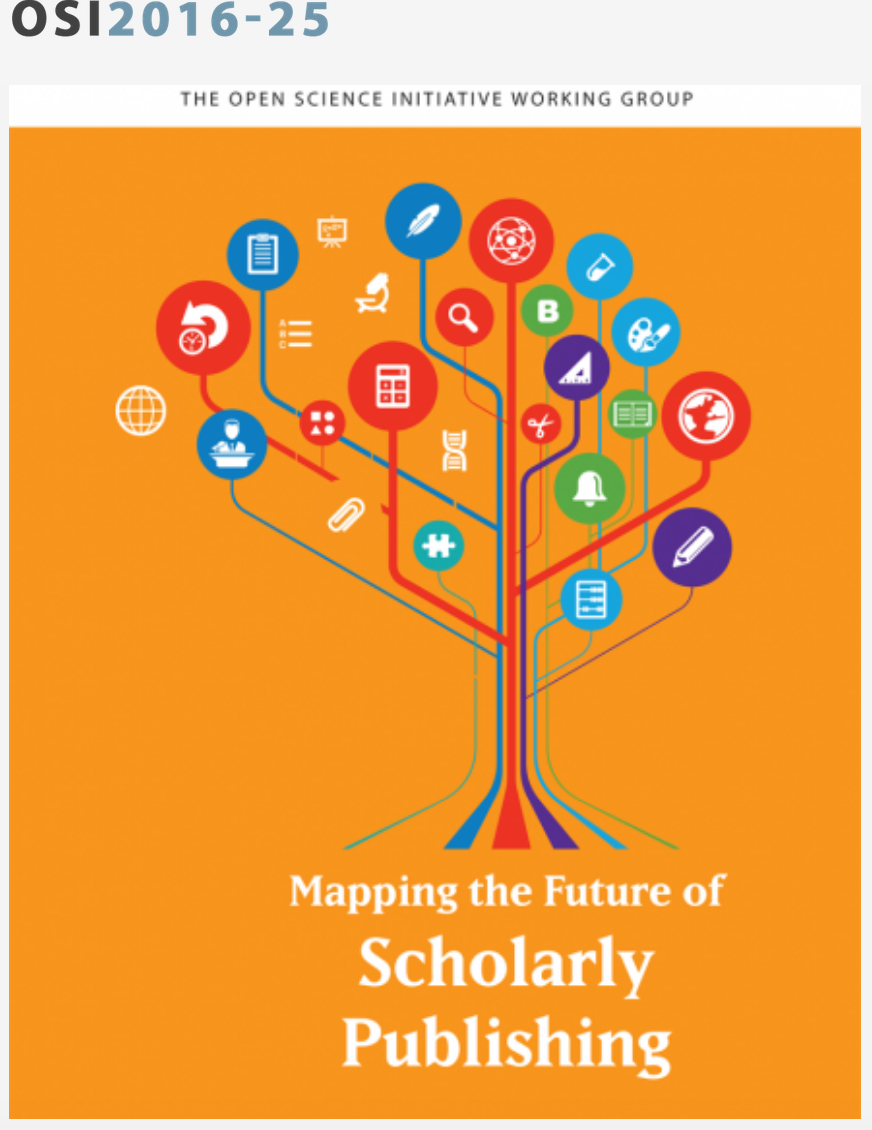A Reflection: A Community of Learning
The Open Scholarship Initiative

I am deeply motivated by the idea of community as a learning tool and interface. The idea is so natural and instinctual and yet how our patterns, systems and habits of learning have transformed into a rather selfish enterprise: guarding the resources, protecting the process, calling the finished product “Mine” or “Yours” without an intent to recognize the role of the community that assisted in the development of the thinker.
“Our communities of practice then become resources for organizing our learning as well as context in which to manifest our learning through an identity of participation. What is crucial about this kind of engagement as an educational experience is that identity and learning serve each other.” (Wenger, Chapter 12, p.272)
My engagement in a reflective teaching practice has morphed into a life of engaged and reflective facilitation and learning. My citizenship in an online community devoted to learning as a lifestyle has become not only the tool to help me facilitate that which I wish to master, but it has begun to develop my identity as a student of everything. My identity as a lifelong learner supports my identity as a teacher devoted to a life of inter-connectedness, learning and growth.
I have been amused and chagrined at how much this idea makes intuitive sense and yet runs counter to the way I was educated: we were taught that in academia, resources should be protected and not shared – at least not easily – and open forums were seen as scary places where bad intellectual ideas might happen. Scary learning indeed!
What happens if we exam the exponential growth of information and expansion of knowledge from a different perspective? What would happen if we, as a global community, decided to collectively become smarter, and collaborate as a rhizome, rather than operate and grow as a single tree? Check it out: The Open Scholarship Initiative .

Great post Pauline, thank you! I’m passionate about open education too and I could relate your feelings about the academia. It was interesting to read about the Open Scholarship Initiative although I couldn’t help questioning the way they go about building this knowledge on open scholarly practices (like the seleection of “high-level stakeholder representatives” to solve issues, and charging $500 for a conference!)
In a blog post I wrote:
… there are extremely curious people out there, who want to start something new, but they can’t because of the way their life is organized, because of social expectations, or because they prioritize their kids’ education to theirs. We cannot limit open scholarship to academics only. Open scholars are not only those who hold degrees, BA’s, Masters, PhDs; they can be anyone seriously interested in learning. And I don’t think institutional affiliation is a criteria for scholarship either. It doesn’t matter where you participate from; it shouldn’t matter. Only that way the emergence we’ll talk about today can happen on a large scale. …(https://differentreadings.com/2015/07/29/technologies-of-emergence/)
Curious to know what you think about my comments. 🙂
LikeLike
Fascinating concept – and overall I agree with both of you. My ideal blend of adult education – post K-16 – yes I am including an undergrad. It has become a necessity in this world. Is a blend of formal education (graduate, MOOCs as well continuing education sponsored by a community or organization that is considered to be an expert in the field of choice. ) and informal training which includes tutorials, books related to profession, TED Conferences, Adobe Max, ETC.
Part of what formal education is provide the scaffolding needed to introduce an individual to a field and provide the mentoring to make a meaningful contribution to the discipline. I see informal as a maintenance and advancement of professional skills and a professional network. I see them as different as goals.
LikeLike
I like your idea of wanting to continue to learn. I think that this is important and it’s clear that you think so as well. Ultamately, I think that this type of mindset will set you up well for the future. If you are able to understand that you don’t know everything and that there is always room to grow, you will go far.
LikeLike
I think that it is high-time to re-evaluate our understanding of knowledge being locked in a teacher’s mind for us to wait for him or her to disseminate to us in a formal setting (the professor in the lecture hall). I think that is certainly starting to happen, but certainly not at the same exponential rate that technology and knowledge sharing is changing. This is an interesting approach to it!
LikeLiked by 1 person